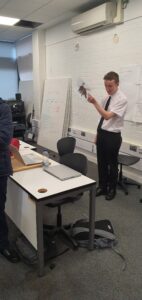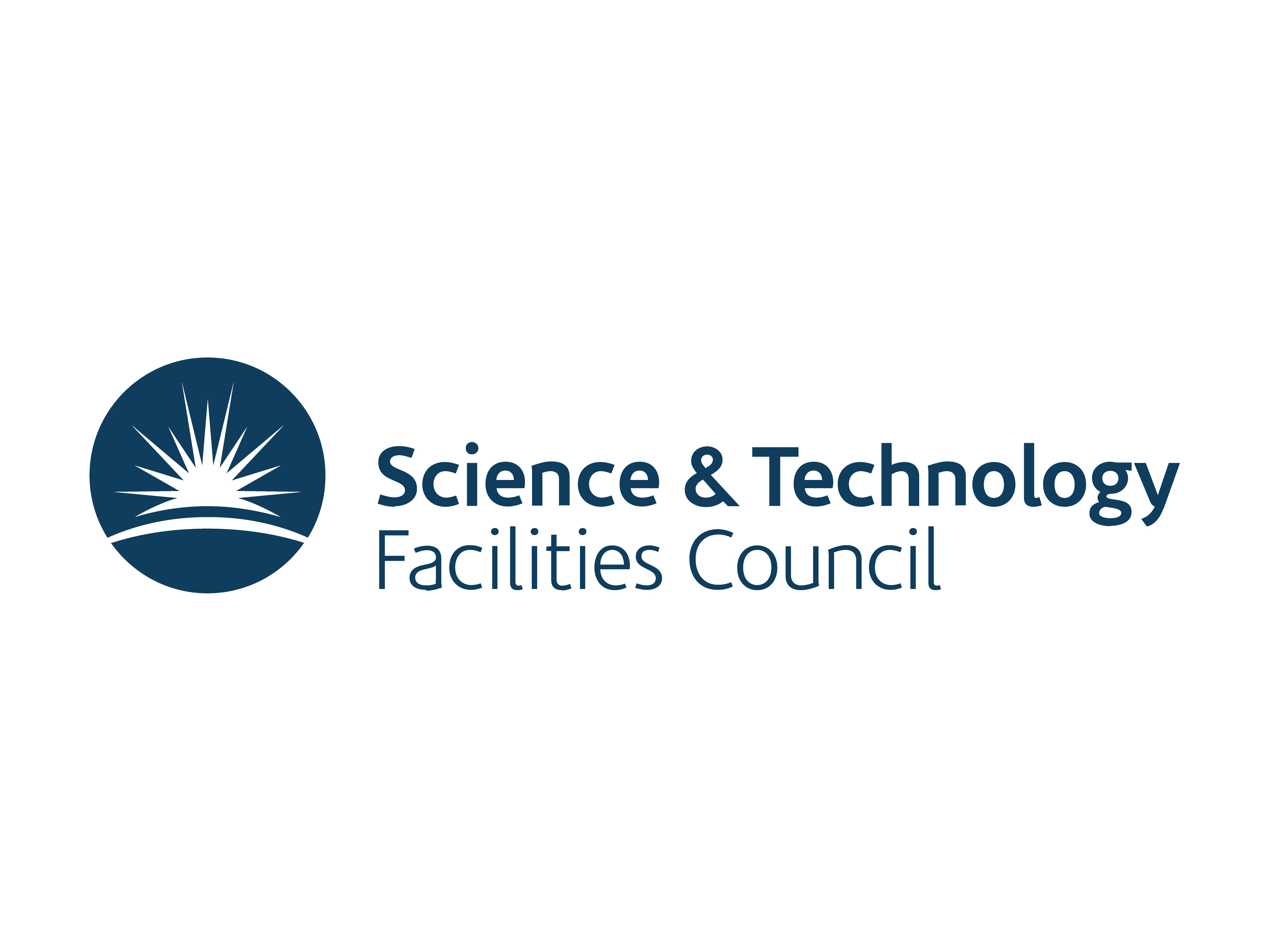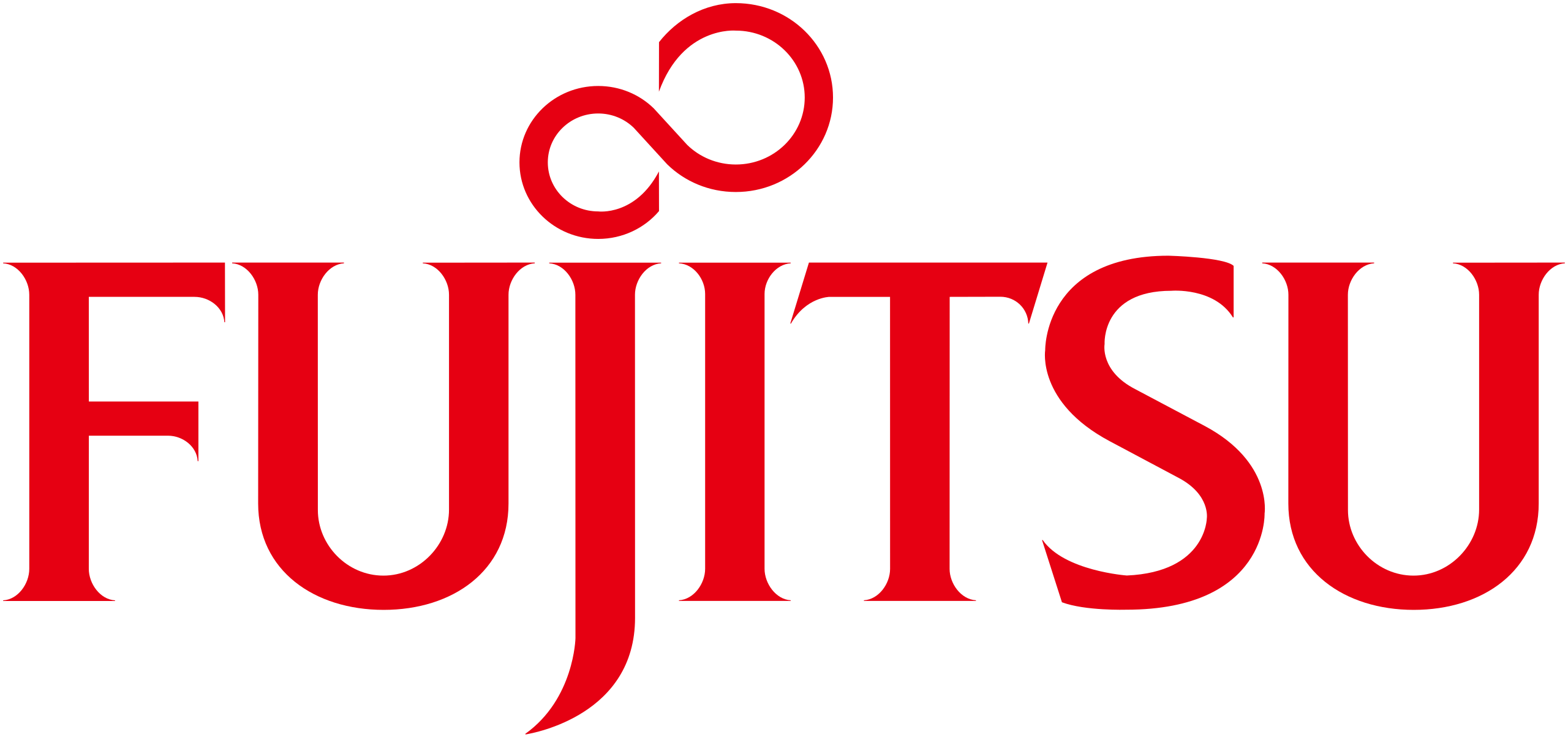
Digital beekeepers create actual beehives
A hive of digital activity has been observed in the computer suite of UTC Reading as students put their IT skills to the test in the art of… beekeeping!
Challenged by technology consultancy Huduma to come up with a variety of digital solutions to make monitoring apiaries more effective, the students have been busy developing both hardware and software projects that will provide local beekeepers with information about what’s going on in their beehives.
 The ‘colony’ of 14 computer science students are working on the project during their professional development time (two hours on a Thursday). At the moment they are learning about the intricacies of hive life – how do bees operate and how do you get sensors inside the hives that won’t disturb the bees’ essential buzz-ness (sorry…)
The ‘colony’ of 14 computer science students are working on the project during their professional development time (two hours on a Thursday). At the moment they are learning about the intricacies of hive life – how do bees operate and how do you get sensors inside the hives that won’t disturb the bees’ essential buzz-ness (sorry…)
The students have been asked to work together in the year-long project to come up with IoT solutions for efficiently monitoring the health of the hives and picking up when anything is wrong. This is in itself a challenge for some, as computing projects tend to be solitary tasks. So much like worker bees, our students are going to have to collaborate, communicate, assign leadership roles and demonstrate teamwork in their solutions.
David McArthur, Computer Science teacher at UTC Reading, explains their challenge further: “The students are looking to introduce some sort of sensors that would allow beekeepers to remotely get information about what’s happening with their beehive, and notify them when there’s issues.
“It’s not just a question of programming or electronics – it truly is a real-life company project with all the challenges that come with that. So the students have to think about how does technology fit? What sensors can we actually put inside the beehive – audio sensors, cameras, humidity and temperature sensors? And then the problem that compounds this is the fact that there’s never usually a plug socket near a beehive, so how are you going to power all this hardware? So they have to look at different battery options.
“Then of course, how do you transmit the data? Assuming we’re using a little Raspberry Pi processor inside or on top of the beehive and it’s transmitting data to a cloud-based database somewhere… the students won’t have the capability of sending lots of data so they’ve got to come up with a way of compressing or reducing it to a level that can actually be suitable for the network.
“When the data is gathered – how is it going to pick up if there’s an issue with a hive – or many hives? How will it be monitored? So there’s lots of different computer science elements to this which take in the BTEC elements they are working on.
“The students know that the solutions already exist, because people are doing it already, but we’ve tasked them with saying could you make it better? Cheaper? Smaller?”
In June, when the project closes, our team of digital beekeepers will present their findings in a Dragon’s Den style workshop, alongside three other schools that have been set the same challenge. As well as their IT skills they will need to demonstrate other talents, such as project management, presenting and thinking on their feet.
David is really excited about the buzz this project has stirred. “Those involved are some of the brightest kids I know and I think it’s a great opportunity for the really motivated and talented to shine and say here’s what we can do.”
Paulette Elliott from Huduma said: “We are using beekeeping and apiary management digital transformation technologies, combined with practical hands-on using project work packages to provide a learning environment for students to develop essential skills and gain business and project experience needed for full-time employment with innovative businesses across industries/sectors. This is an opportunity for students to learn how to transition from academic studies to industry and the world of work.”


















